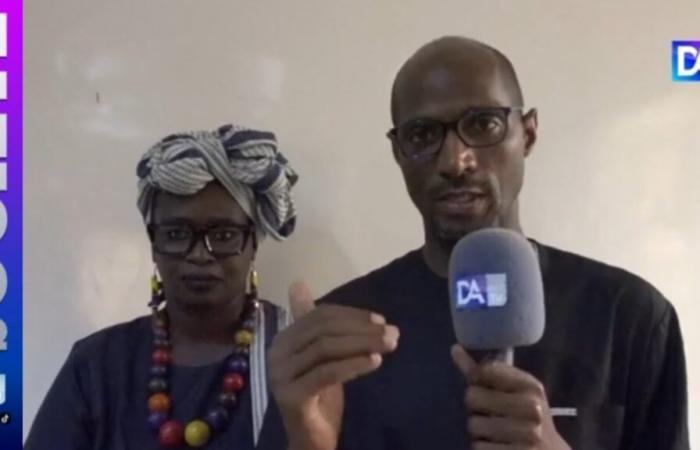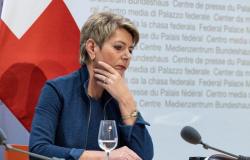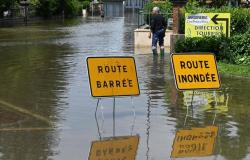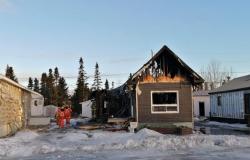
Senegal has made notable progress in child protection, but, as Ibrahima Giroux points out, there is still much to do, particularly on the operational level. According to him, child protection is based on several pillars, among which the institutional aspect occupies an important place. The country is well equipped in terms of policies and legislative texts, with documents such as the National Child Protection Agenda which have been validated. This legal framework has made it possible to establish a solid institutional network, where protection mechanisms exist not only at the national level, but also at more local levels: departmental, districts, neighborhoods, and villages.
However, Giroux highlights a fundamental weakness: prevention remains insufficiently developed. The child protection system in Senegal has favored care after problems arise, rather than focusing on upstream actions to prevent these problems from emerging. He thus calls for a change of approach, focusing on what he calls “SOFT”, that is to say the spirit of the system. The essential thing is still missing: collective commitment around prevention.
To correct this gap, Giroux proposes developing parental education programs on a national scale. The idea would be to train community actors, radio and television stations to broadcast programs specifically dedicated to parental education. These programs would aim to train parents in specific skills, adapted to Senegalese realities, and to raise awareness among families of their fundamental role in the education of children, even before they enter school.
In summary, although Senegal has a solid legislative and institutional structure for child protection, the emphasis must now be placed on prevention and parental education. If the State manages to make the family and home education a central lever for child protection, the system could become both more effective and less costly, thus better meeting the real needs of Senegalese children.
Senegal





